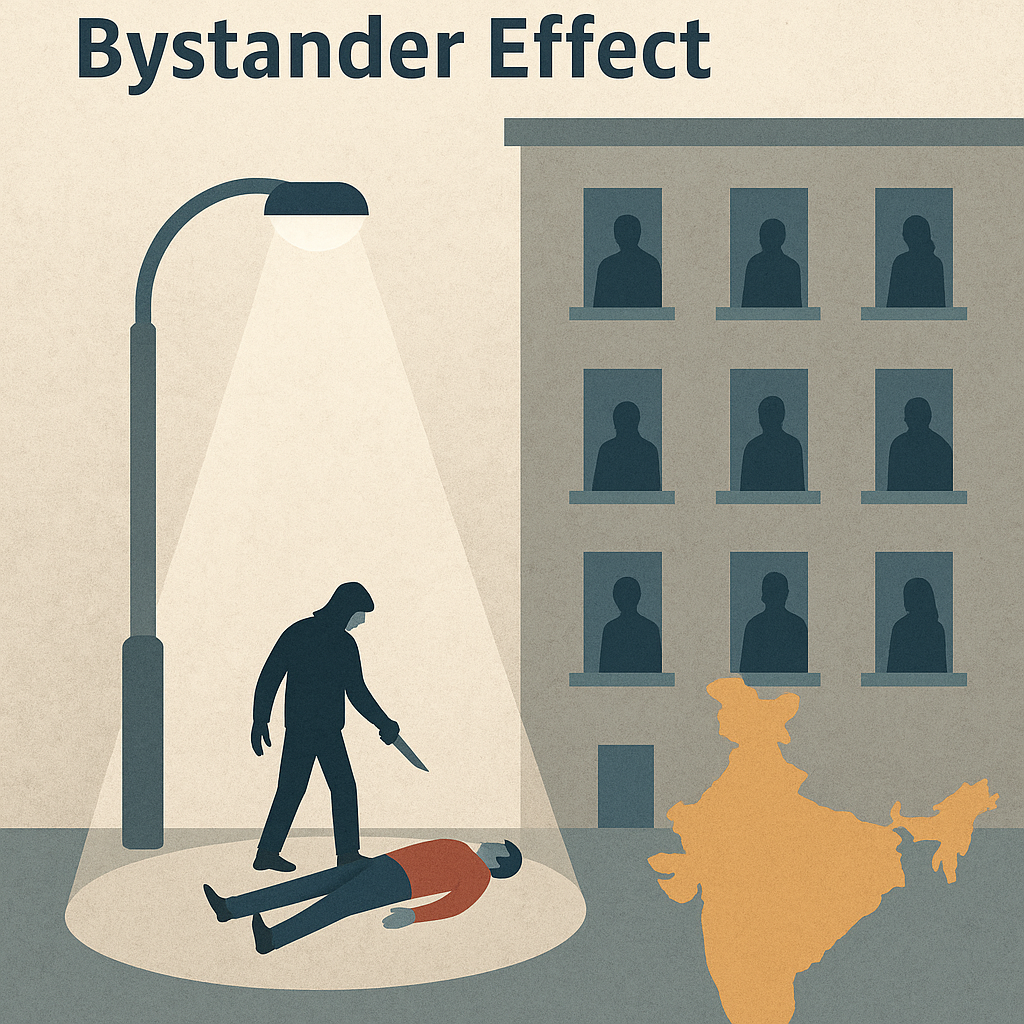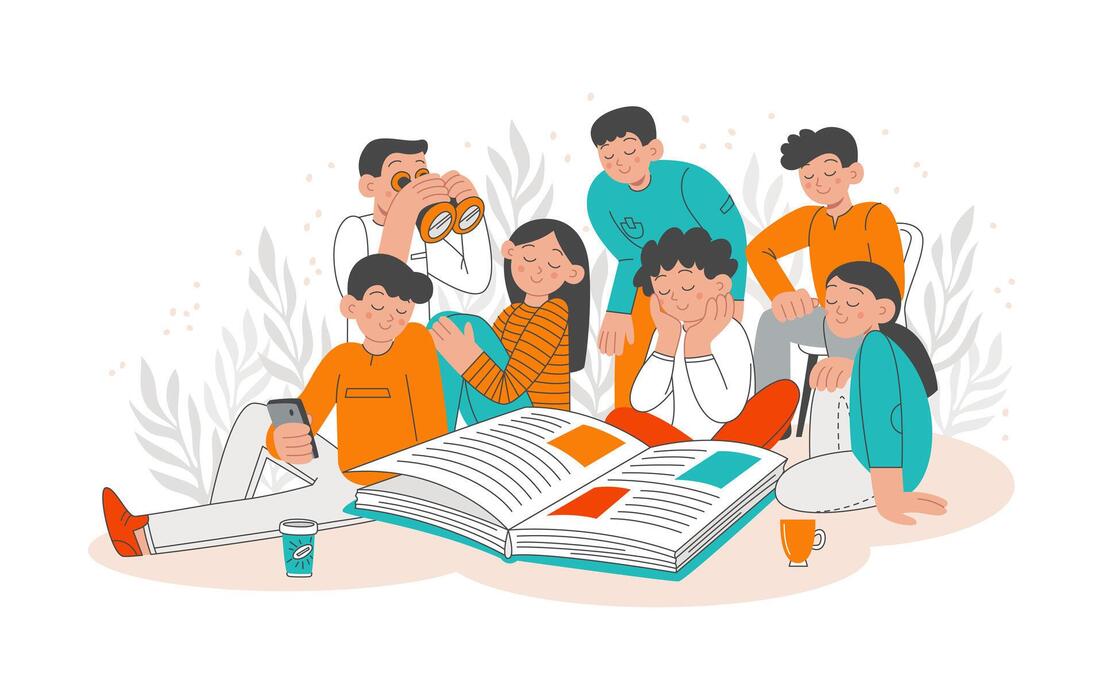What if I told you that whether you're negotiating a salary, choosing a queue at the supermarket, or even deciding to trust someone, you're unknowingly playing a game? And in this game, the smartest move isn’t always what you think!
We make decisions every day, often without realizing the invisible strategies at play. Game theory is the hidden logic behind these choices, influencing everything from business deals to personal relationships. Whether we compete, cooperate, or bluff, game theory helps us understand how people make decisions when the outcome depends on others. So, are you ready to uncover the rules of the game?
- What is Game Theory?
- Key Elements of Game Theory:
Strategies: The possible choices each player can make.
Payoffs: The rewards or consequences of each choice.
Outcomes: The final result, depending on the players’ strategies.
Take a real-world example: Imagine two tech companies about to release a new smartphone. If both launch their products at the same time, they might struggle to capture the market. But if one waits, the other could dominate. The decision isn’t just about their product—it’s about predicting what the competitor will do. This is game theory in action.
- Life is a Game – Whether You Know It or Not
Choosing a Traffic Lane: You see two lanes at a toll booth. One looks shorter, but everyone else might think the same and switch lanes too. Should you follow the crowd or stay put?
Splitting a Bill: You're out with friends, and the group needs to decide whether to split the bill equally or pay individually. If one person underpays, others might follow, leading to a dilemma.
Ordering Food in a Group: You want a pizza, but your friends are leaning toward sushi. Do you vote for your preference, or strategically pick a middle ground to keep the group happy?
These simple decisions are guided by game theory. They show how our choices are shaped by what we expect others to do.

- From Poker to Politics – Game Theory is Everywhere
Business: Pricing Wars Between Brands
Companies constantly analyze competitors' moves. If one airline lowers ticket prices, should the others follow, or hold their ground and risk losing customers?
Relationships: Who Apologizes First?
After a fight, both partners might wait for the other to apologize first. If neither does, the conflict lingers. This is a classic example of a standoff where cooperation is the best strategy
- How Game Theory Can Make You a Better Decision-Maker
But here's the twist: sometimes, you need to lose a little to win big. In negotiations, giving a small concession—like agreeing to a minor term—can build trust and pave the way for a better overall deal. It’s a long game.
This is where the “Tit-for-Tat” strategy shines. In repeated interactions (think coworkers, relationships, alliances), the best results often come from being nice first, reciprocating kindness, but never letting yourself be walked over. It's cooperation with boundaries—a winning move in the long run.
- When Game Theory Goes Wrong – Why People Make Bad Choices
The answer lies in emotions and information—or lack of it. Fear, greed, and panic often override logic. A perfect example? The infamous toilet paper crisis. People saw others panic-buying and assumed shortages were real. So, they joined in. The result: actual shortages that could've been avoided.
This is called a “coordination failure.” Everyone acts in self-interest, expecting the worst, which ends up creating the very crisis they feared.
Game theory warns us: reacting without full information or clear strategy can lead to collective disaster.
- Can We Hack the System? Beating the Game with Smart Moves
One of the strongest insights from game theory is that cooperation often leads to better outcomes than competition. Think of businesses that collaborate on eco-friendly practices or allies during wartime sharing intelligence. In both cases, working together creates more value than going solo.
Strategic thinking is about knowing when to speak, when to stay quiet, and when to walk away. It's knowing that sometimes, the best move is unexpected—like Apple launching products quietly to surprise competitors, or a couple silently agreeing to ignore a small squabble for peace.
- Why Game Theory Matters to Every Seafarer
By understanding how choices affect outcomes (especially when others are choosing too), seafarers can navigate everything from conflict resolution to crisis management smarter. Whether you're a junior officer aiming to earn respect, or a chief engineer trying to balance workload and morale, thinking strategically gives you an edge.
It’s not about manipulation—it’s about clarity. Game theory helps you see the hidden currents beneath human behavior: when to compromise, when to stand firm, and when to simply observe. Onboard, where space is tight and stakes can be high, this kind of thinking turns a good seafarer into a great one.
- Smart Hacks to Use Game Theory
Always think: “What will the other person do if I do this?” Anticipating responses helps you choose better actions.
Don’t Always Aim to Win
Sometimes letting the other person feel like they’ve won helps you win long-term. That’s a strategic sacrifice, not a loss.
Know When to Walk Away
In some games, the best move is to exit. Don’t waste energy where cooperation or progress isn’t possible.
Conclusion:
So, here’s a little challenge for you: Think of one decision you made today. Did you anticipate others’ reactions? Did you bluff, cooperate, or compete? Did you think two steps ahead? If not—it’s never too late to start playing smarter. Life is full of decisions. Big and small. And now you know—it’s all a game. So, the next time you're at a crossroads, ask yourself: What are the rules? Who’s the player? What’s the payoff? Because behind every choice you make, there’s a hidden strategy waiting to be played. Game theory isn’t just an academic concept; it’s a blueprint for how we interact with the world. The question is: now that you know the rules, how will you play the game?




